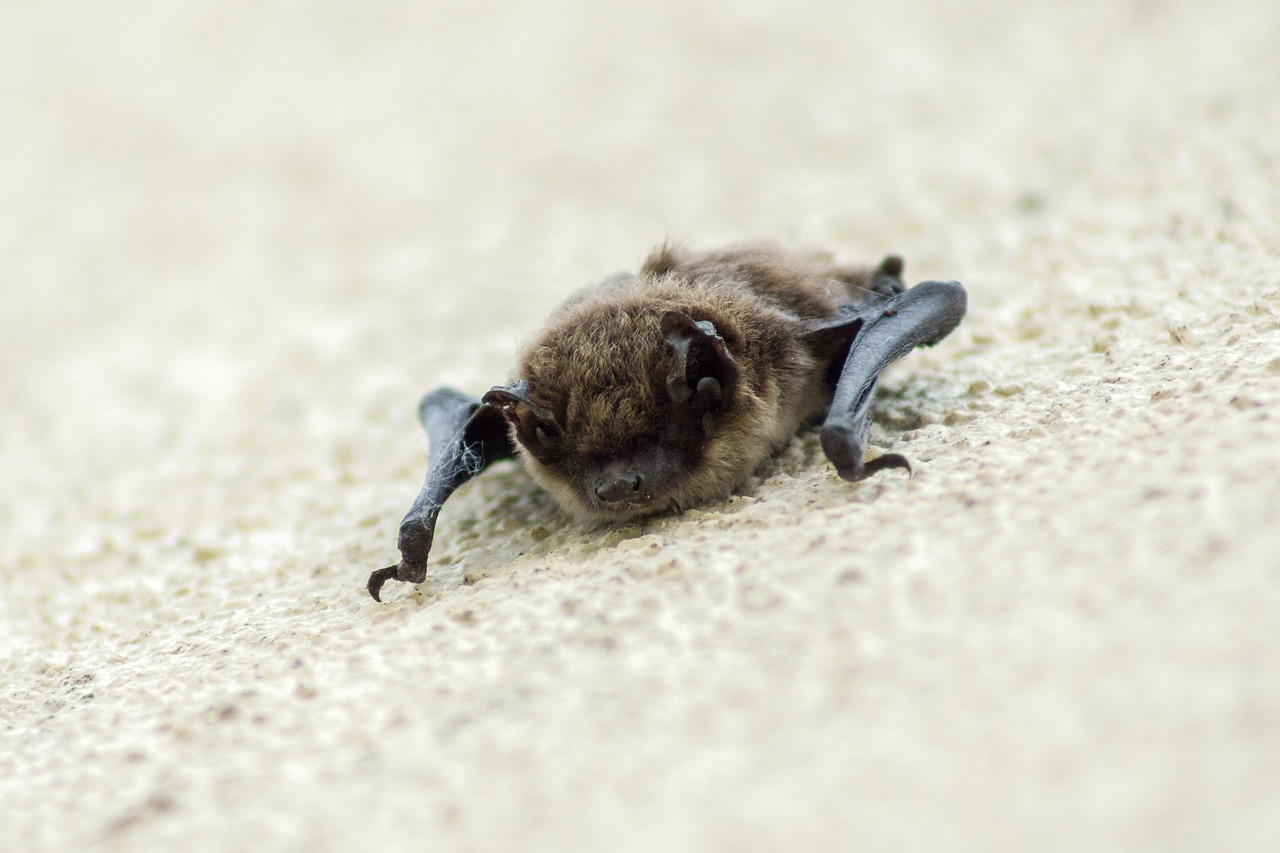A bit about bats
As a protected species under the Wildlife Act in British Columbia; harassing, harming or killing bats is illegal. As such humane removal and exclusion of bats can only take place between September - March.
Bats typically spend their spring and summer roosting in structures and raising their young called pups. Once temperatures drop, colonies will migrate to their winter sites where they will spend the coldest seasons before migrating back to their summer location.
Returning year after year, bats have a vested interest in a home or structure and will only move off once physically excluded from the building.
Did you know: bats can squeeze through 0.5cm!
As a nocturnal species, keep an eye out for flying activity at dawn/dusk especially around the eaves, siding, roofline and soffiting of a home.
Although a favourite spot is roosting in the attic, bats can also easily squeeze up behind siding or into chimneys.
Keeping a look out for any guano (droppings) along windowsills or below roof overhangs which would indicate activity or active roosting on the exterior.
Will they go in my hair?
Having a fear of bats can be debilitating for some people especially if a bat accidentally ends up in your home. Bats don't want to be in there as much as you don't want them to be, and would much prefer to be either tucked away safely roosting the day away or out looking for insects to eat at night.
Bats will avoid interaction with people as much as possible and so the myth of them getting tangled in your hair is simply not true.
What about rabies?
While bats can carry the disease, the chances of coming into contact with an infected bat is extremely low. Only less than 1% of bats in BC are estimated to carry rabies and only 4 exposures to infected bats has taken place since 1970.
Look out for bats showing unusual behaviour such as being active during daylight hours or appearing sick or weak. Contact a wildlife professional if you have any concerns. As with all wild animals, keep your distance and avoid picking them up.
What do I do if I have bats in my house?
Contact our team of wildlife specialists. Associated with BC Bats the Community Bat Programs of BC, our wildlife team are trained to identify the smallest of gaps to ensure the structure is effectively sealed up and bat-proofed. Through the installation of bat cones, bats can humanely exit a structure and we apply a two year warranty on re-entry.
Bat Tip:
Bats are an important species in the ecosystem with several benefits. Installing a bat house on your property once your home has been sealed up will ensure they remain in the environment and beneficial while deterring them away from your home.


